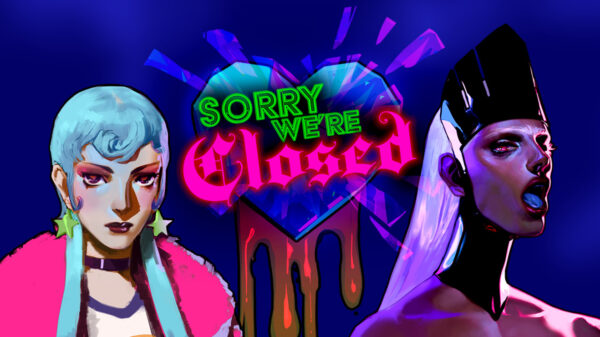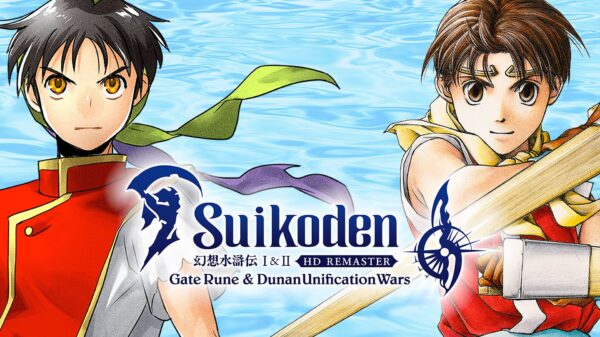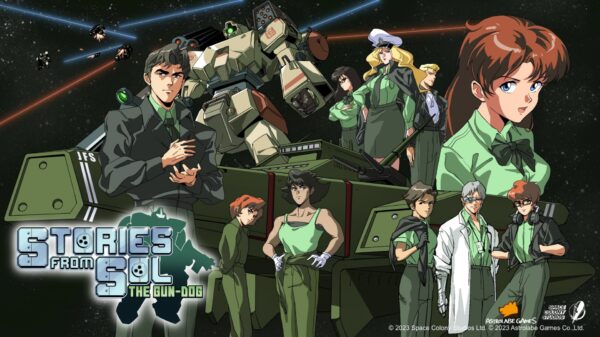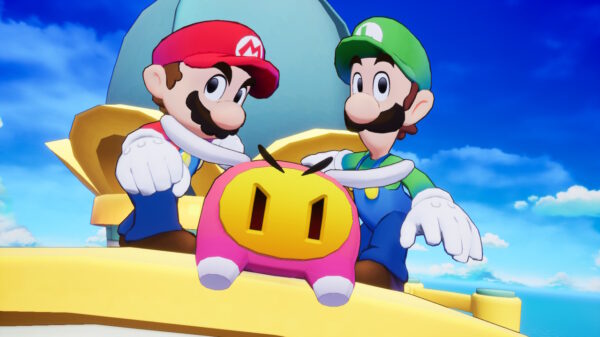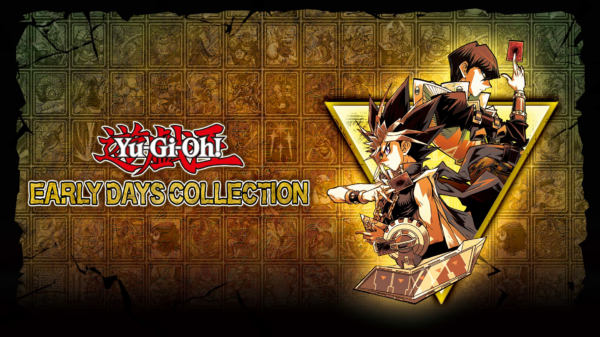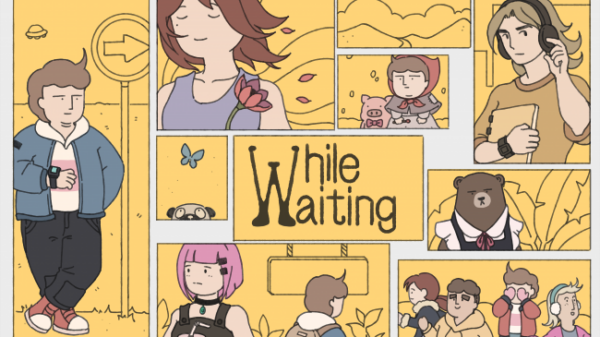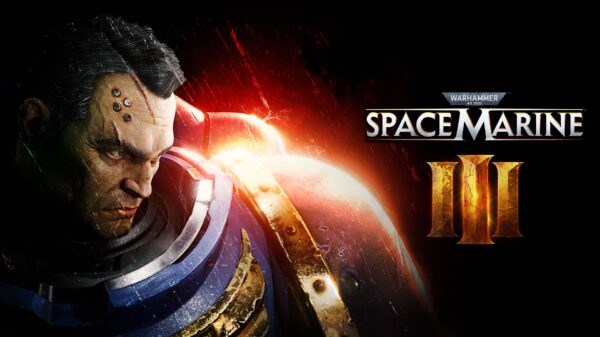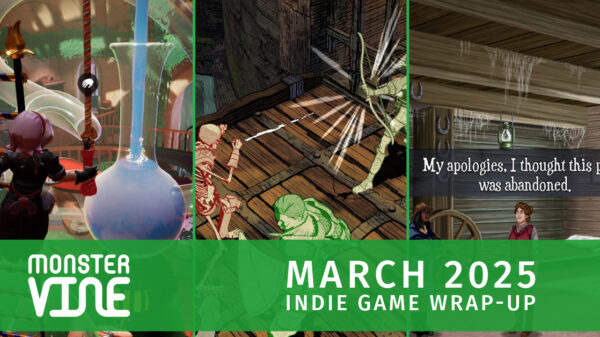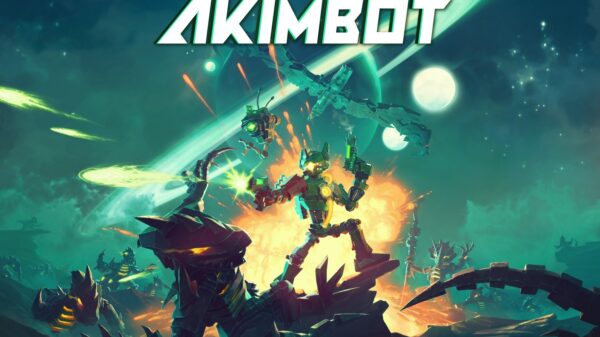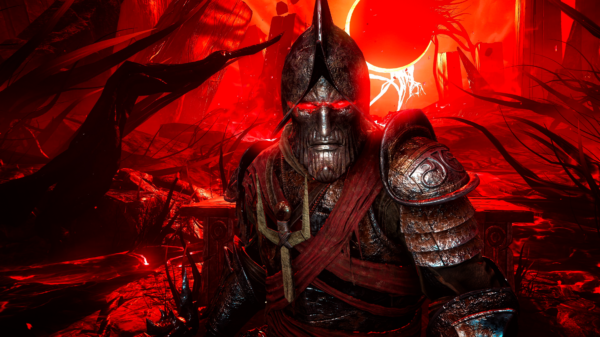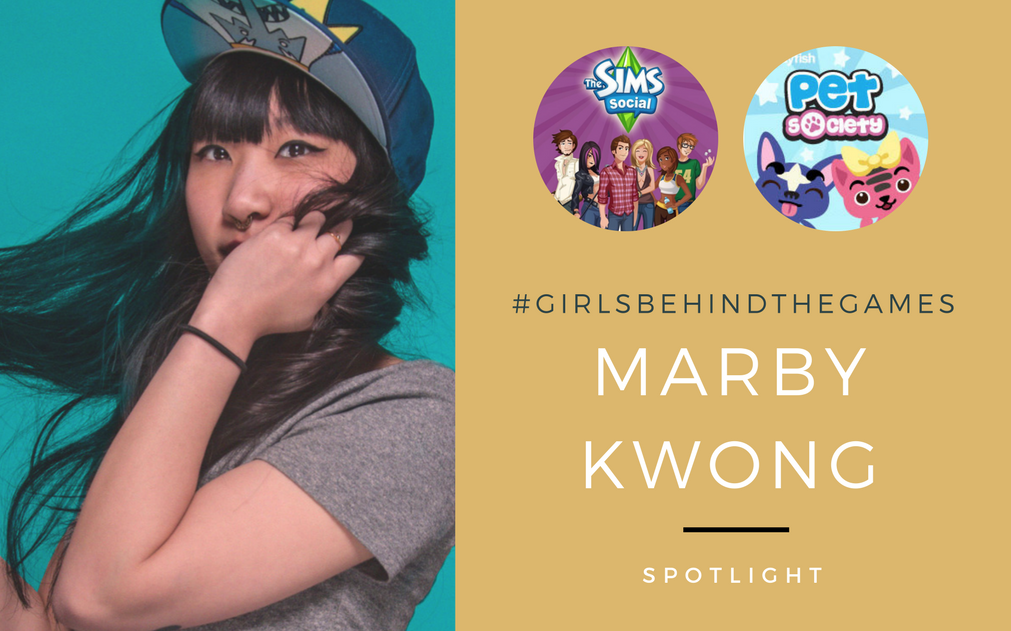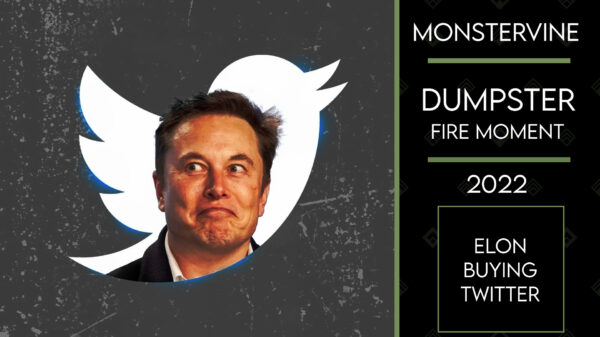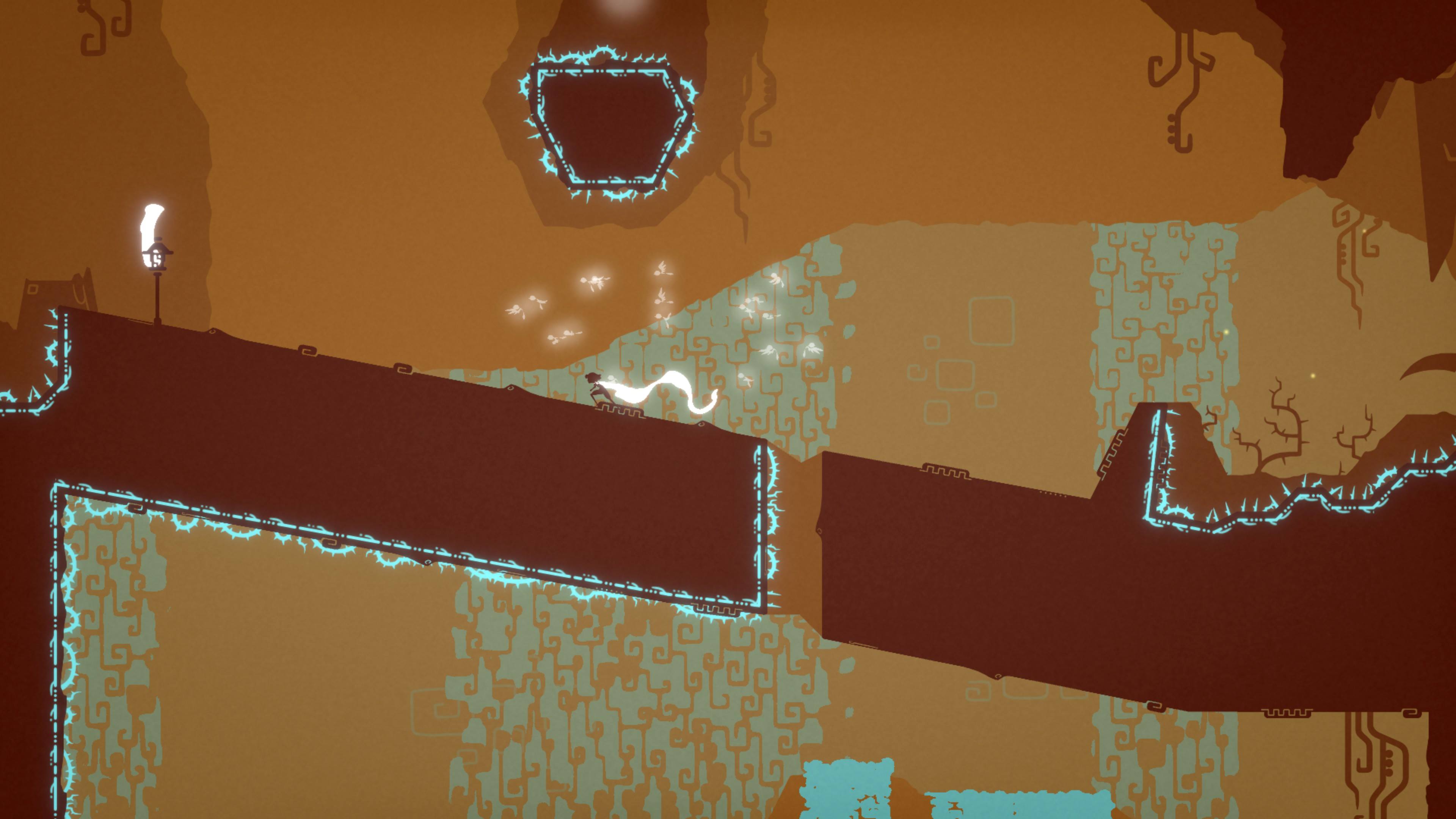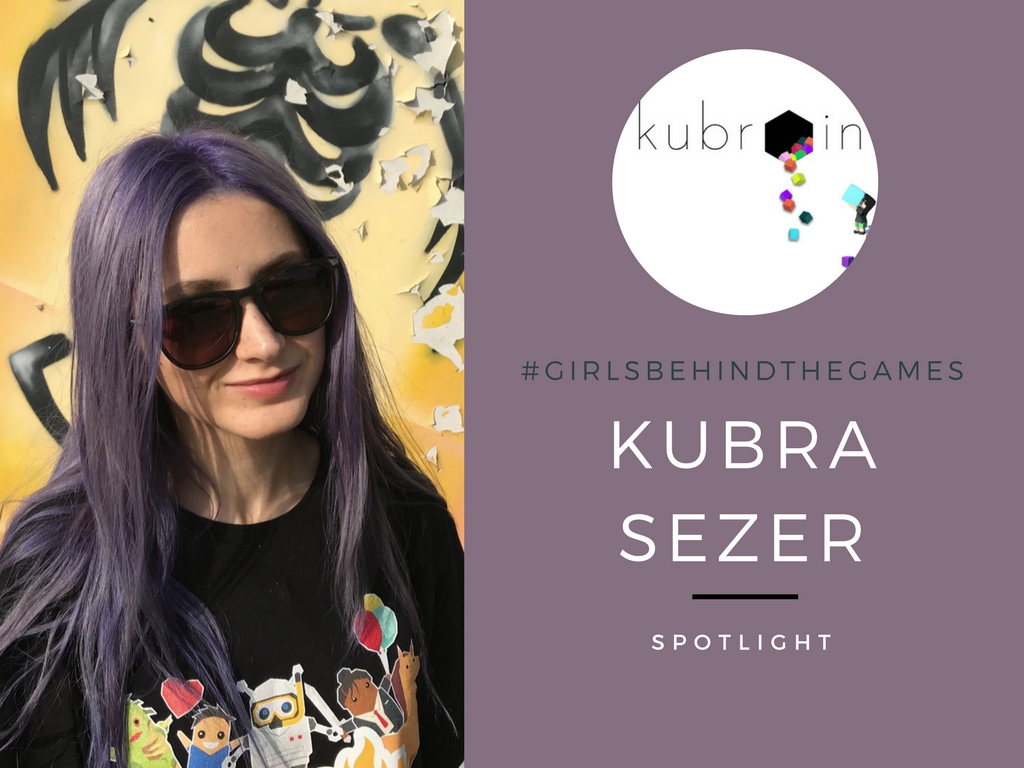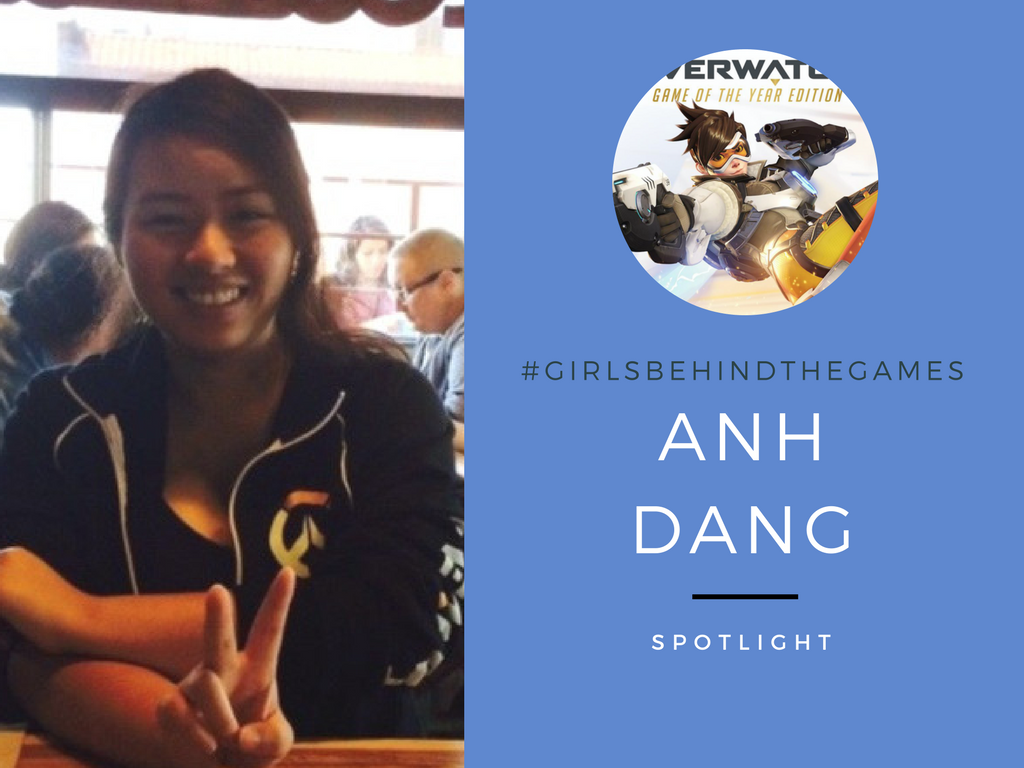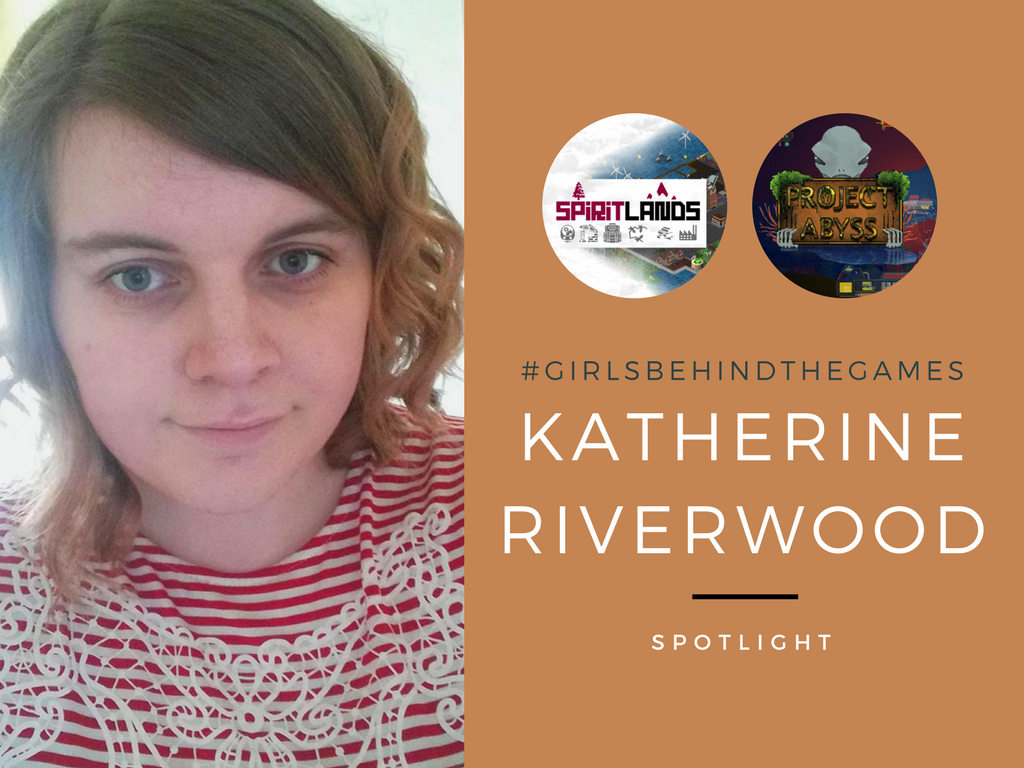Our third #GirlsBehindTheGames spotlight is Marby Kwong! Marby is a game artist from London with over 10 years of experience in the game industry, and is especially grateful for the comforts of mobile game development.
Be on the lookout for more #GirlsBehindTheGames spotlights as we approach International Women’s Day on March 8th!
Tell us a little about yourself.
Hiya! My name is Marby Kwong and I’m a game artist from London, UK. I’ve spent over 10+ years working in the game industry doing concepts, illustrations and texturing. Currently, I’m with a small team over at Supersolid, making great little games you can play on mobile. The founders and a small part of our original team actually all knew each other from our previous company Playfish, which was bought out by EA way back in 2009. After we all disbanded and went our separate ways following the closure of Playfish in 2013, I was very humbled these guys asked me to join them again in their brand new startup, Supersolid. We all still wanted to make games together, but with a much more agile and autonomous team than the EA studio days.
Outside of making games, I really enjoy drawing, petting cute dogs, and eating pasta!
How did you get interested in video games? What are some of your favorites?
My parents were actually total disciplinarians and considered gaming a waste of time. I was probably around 10 years old when a friend loaned me his PS1, and I played this amazing RPG called Wild ARMS. After that I was hooked! I spent a lot of days after school sneaking out to friend’s houses to play on their consoles, because I never had my own!
I’d say my all-time favourites are Dark Souls, Bloodborne, Metal Gear Solid 3, the Fatal Frame series, Resident Evil 4, Witcher 3, Shadow of the Colossus, Overwatch… The list keeps growing! Currently, I’m playing a lot of Monster Hunter World and Heroes of the Storm.
Did you always know you wanted to work with games?
When I was younger I knew I loved art, and gaming, but I never actually thought I could combine the two and make it into a viable career option. I had always assumed I’d end up as an animator or maybe a book illustrator one day. It was actually seeing old-school gaming magazines in bookshops with developer interviews inside them that I started to realise it was actually a job I could aim for.
What projects are you currently working on?
Currently I lead the art team on a game called Food Street and help out on our other live title, Home Street. The studio is also currently working on a top-secret new projects, but it’s currently under wraps!
What past projects are you most proud of?
I’m actually really happy with one of the earliest games I worked on, Pet Society. It was a pet game with a really nice community of players. Everyone was so nice on the forums, and the graphics were really cute, it was great fun to draw. The gameplay was fun too, I actually got really into playing it before I joined the company, so I was thrilled when I got moved onto that team.
What’s that one (career) goal you continue to chase?
I really like how comfortable mobile game development is currently. We go home on time, the teams are small and compact, and everyone drinks and plays games and table football together on Friday evenings. The company even pays for learning resources, like extra talks and classes so it’s been great for learning.
I think it would be really cool to work on an AAA title I’m really passionate about one day though. To work on a game like one of my favourite titles would be awesome. Even if it was more stressful experience, I think it would be very personally rewarding.
If you could change one thing about the game industry, what would it be and why?
I feel it’s a shame crunching seems so prevalent. It’s the elephant in the room of this industry. Personally, I’m quite fortunate to say that I haven’t been affected too much, which might coincide with the art department usually starting work quite early on in the project pipeline (and bugs related to art are generally easier to spot and fix.) However, I have witnessed friends in this industry, particularly people in coding and QA teams, who are severely affected by project crunching and are rarely properly compensated for it.
How do you feel about the #GirlsBehindTheGames movement?
It’s great to inspire more young talent, and I’m all for gender equality in game dev. In fact, I feel it is essential to keeping a studio environment diverse and open-minded. I’m grateful to #GirlsBehindTheGames for highlighting the faces behind the studios to encourage more girls into what could be quite an intimidating industry to break into.
What advice would you give to women who want to work in the game industry?
This is going to be pretty general advice for anyone wanting to work in the industry; don’t give up! Keep applying to companies where you can gather experience and feedback from. Play their games to get a feel of what they make before you apply, to show you have an understanding of their products.
If you fail to land the position you applied for, don’t be afraid to message back and ask for any feedback. Game dev is heavily reliant on teamwork, so studios are usually looking for individuals that meld with their current team and software. This differs greatly studio by studio, so don’t be disheartened if you’re not a good fit, there are always others that you might be a better fit for.
Also, don’t always just look for companies local to you! If you’re right for the team, bigger studios usually offer relocation services. Some even offer the option of working remotely. Any sort of work for an indie team, or studio, is great for building up experience and a personal portfolio at the end of the day.
Is there anything else you’d like to say?
Thanks for reading! And I hope some of that was useful for you! If you’d like to keep up with my artwork, I have a Behance and Artstation page. And if you want to get in touch, feel free to drop me a message over at my Twitter.

